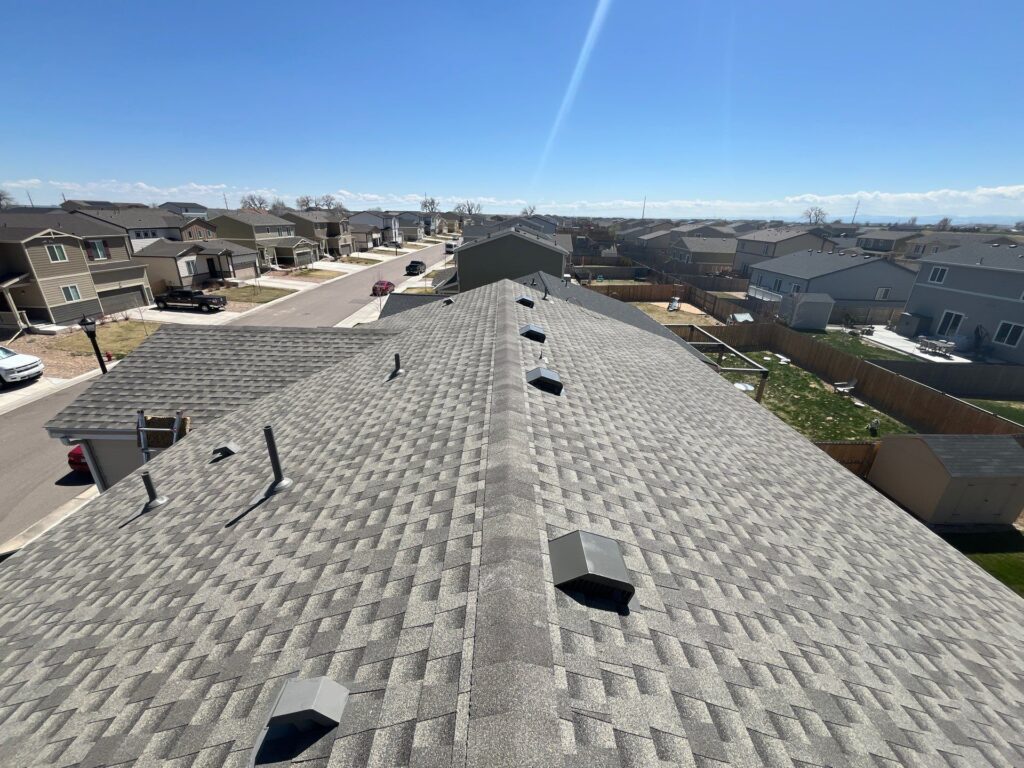
Understanding the lifespan of a roof in Denver is essential for protecting both property and investment. The city’s unique climate—with heavy snow, hail, high winds, and intense sunlight—significantly impacts how long different roofing materials last. Knowing what to expect and how to extend roof life helps homeowners plan for maintenance and replacement effectively.
Factors That Affect Roof Longevity in Denver
Denver experiences extreme temperature shifts, powerful Chinook winds that can exceed 70 mph, and frequent freeze-thaw cycles. These conditions stress roofing systems and reduce durability. Roof slope and design also matter—steeper roofs shed snow and water more effectively than flat ones, minimizing damage. Choosing weather-resistant materials and ensuring proper installation are vital for long-term performance.
Average Lifespan of Popular Roofing Materials
- Asphalt Shingles: 15 to 30 years, depending on quality and weather resistance. Affordable but vulnerable to hail and wind damage.
- Metal Roofing: 40 to 70 years, highly durable and ideal for Denver’s harsh climate. Resistant to snow, ice, and fire.
- Clay and Concrete Tiles: 50 to 100+ years, strong and energy-efficient but require reinforced structures due to weight.
- Slate Roofing: 75 to 150 years, premium durability and fire resistance, though costly to install.
- Wood Shingles and Shakes: 20 to 40 years with proper care, offering rustic appeal but needing frequent maintenance.
Importance of Regular Roof Maintenance
Preventative maintenance is one of the best ways to extend roof life. Homeowners should:
- Inspect roofs twice a year and after severe storms
- Clear gutters to prevent water damage
- Trim overhanging branches to avoid impact damage
- Remove moss and algae buildup
- Re-seal flashing and check attic ventilation
Consistent upkeep not only prevents costly repairs but also maximizes the return on investment by extending a roof’s lifespan.
Professional Roof Inspections in Denver
Even with regular care, hidden damage may go unnoticed without expert evaluation. Certified inspectors identify early signs of leaks, loose shingles, or structural concerns that could shorten a roof’s life. Scheduling professional inspections after hailstorms, heavy snowfall, or strong wind events is essential for protecting the home and ensuring insurance compliance.
Maximizing Roof Lifespan in Denver
To achieve the longest-lasting roof possible in Denver, homeowners should:
- Choose durable, climate-appropriate materials like metal or slate
- Ensure proper installation by experienced contractors
- Stay consistent with inspections and maintenance
- Address small issues before they turn into expensive repairs
Trusted Roofing Services in Denver, Colorado
For residents needing professional guidance, Tried and True Roofing in Denver, Colorado provides expert installation, repairs, and maintenance tailored to the city’s demanding climate. Their experience ensures that roofs not only withstand Denver’s weather but also last as long as possible.
Conclusion
Roofs in Denver face unique challenges that shorten their lifespan compared to milder regions. By selecting durable materials, committing to regular maintenance, and working with skilled roofing professionals, homeowners can significantly extend the life of their roofs. A well-maintained roof offers peace of mind, long-term savings, and reliable protection against Denver’s unpredictable weather.